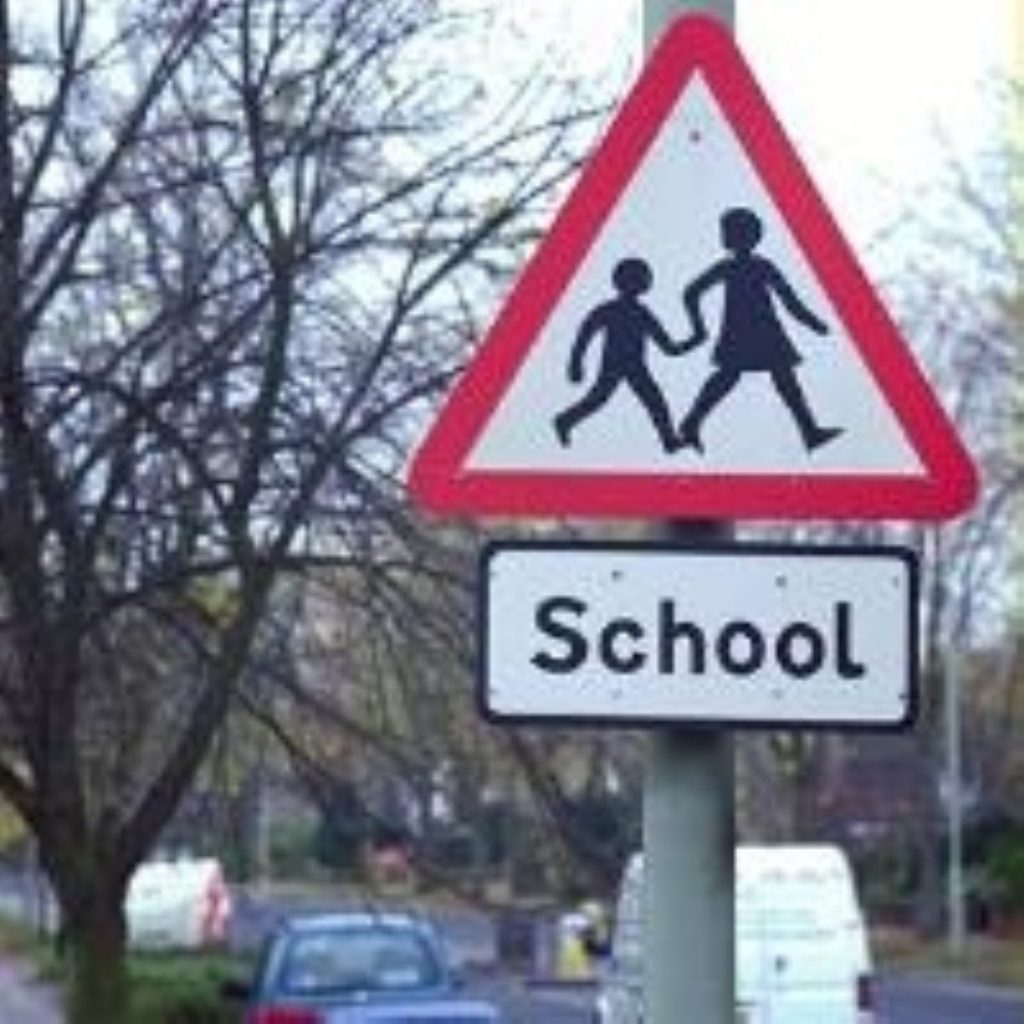One in 12 schools ‘inadequate’
One in 12 schools in England and Wales is “inadequate”, the annual Ofsted report has found.
The education watchdog finds 13 per cent of secondary schools and seven per cent of primaries are inadequate, and highlights the gap between the best and worst provision as a major cause for concern.
Chief inspector of schools Christine Gilbert demanded “swift” action, saying this gap was “unacceptable”, particularly because of the major impact education had on children’s life chances.
Overall, she was “optimistic” about the future for English education. She said an Ofsted survey, which found pupils in nine out of ten secondaries and eight out of ten primaries were satisfied with their schools, was a “useful barometer”.


The majority of childcare and early years providers were at least satisfactory in today’s report, and almost 60 per cent of all schools were judged outstanding or good.
In addition, the number of schools in special measures has halved since 1998 and those with less than 25 per cent of students getting five A* to C grades at GCSE has dropped by 90 per cent over the period, to just 62.
“My congratulations go out to all involved in the outstanding schools, colleges and early years settings recognised today for their success in delivering such a high standard of education and care,” Ms Gilbert said.
“However, I am concerned about the gap between the best and worst provision. It is unacceptable that one in 12 schools was judged to be inadequate last year. We want all of our schools to make a positive contribution to the life chances of young people.”
In her report, the former secondary school headteacher notes in particular the “simply unacceptable” attainment levels of children in care. This group was inadequately supported in almost half of all local authorities last year.
“There are still too many children who fail to benefit from the strides taken over recent years – many of these young people face multiple layers of disadvantage, and I do not underestimate the problems their schools and colleges have to tackle,” the report says.
“It may well be that the answer in the most challenging of neighbourhoods will be not more of the same but something different.”
Schools minister Jim Knight welcomed the “significant further improvement” in education and childcare, and noted today’s report was the first to be based on a new inspection regime – the “toughest” ever.
“However, we make no apology for raising the bar – expectations are higher than ever and judgments need to be tougher than ever. No school should be inadequate and there should be no hiding places for underperformance or coasting,” he said.
“That is why the Education and Inspections Act is introducing tough new powers to turn around schools, closing or replacing them if they do not make adequate progress within 12 months.”
He acknowledged concerns about children in care, but said recent proposals to help them stay in the same school throughout their education should help. The green paper puts the education and skills development of the children at the heart of all council decisions.
However, Chris Keates, general secretary of teaching union Nasuwt, rejected today’s report as the product of a “tired” Ofsted regime which had “become increasingly discredited”.
“After 15 years of the same old story, Nasuwt hopes that under the leadership of the new chief inspector, Ofsted will abandon its fascination with failure and adopt a fresh start for itself, as it has recommended so many times for so many schools,” he said.









